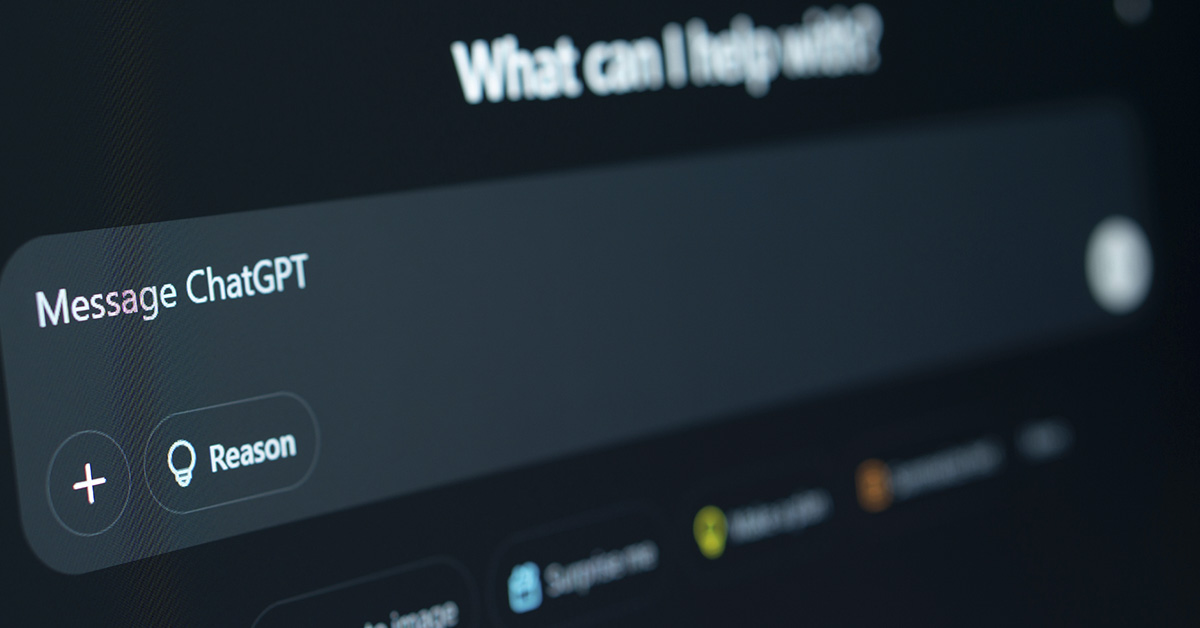Table of Contents
She Asked an AI About Her Symptoms—The Truth Was Unthinkable
When 27-year-old Marly Garnreiter from Paris began to experience unusual health symptoms, she had no idea her casual chat with an AI tool would later prove to be hauntingly accurate.
What started as a harmless curiosity turned into a wake-up call she initially ignored—a decision that would later change her life forever.
The Symptoms Begin

In early 2024, Marly was still reeling from the loss of her father to colon cancer. The grief was heavy, and soon she noticed troubling changes in her own body: relentless night sweats, unexplained itching, and a deep fatigue she couldn’t shake.
Her doctor attributed it all to stress and grief—a natural response to her emotional trauma. Blood work and other tests came back clear. So, Marly pushed the worry aside.
But deep down, she wasn’t convinced.
A Digital Second Opinion
Late one night, anxious and still feeling unwell, she turned to ChatGPT. Typing in her symptoms out of curiosity, she expected vague answers.
Instead, the AI returned a stark possibility: blood cancer.
The response stopped her cold. But when she mentioned it to friends, they assured her it was an overreaction. “Trust your doctor, not a chatbot,” they said. So, she did.
For a while.
When the Body Speaks Louder
As the months wore on, Marly’s symptoms didn’t just linger—they intensified. New issues emerged: chest pain, extreme exhaustion, and a sense that something deeper was wrong.
She returned to her doctor. This time, advanced imaging and a biopsy revealed the truth: a mass in her lung, later identified as Hodgkin lymphoma, a form of blood cancer—the very condition that ChatGPT had flagged almost a year before.
“It felt like a cruel twist,” Marly said. “Just as we were healing from my father’s death, this happened.”
Lessons From a Missed Signal
Marly’s experience is more than a medical case—it’s a lesson in listening to your body, even when the answers are hard to hear.
While AI is no replacement for trained professionals, her story raises an important question: What if she had taken that warning seriously sooner?
“I’m not saying we should use AI instead of doctors,” Marly explained. “But sometimes, it can help us ask the right questions—especially when something doesn’t feel right.”
Understanding Blood Cancer
Blood cancer disrupts how blood cells are produced and function, often beginning in the bone marrow. These cancers can block the body’s ability to fight infection, carry oxygen, or stop bleeding.
Common Types:
- Leukemia: Rapid production of abnormal white blood cells.
- Lymphoma: Cancer that begins in the lymphatic system.
- Myeloma: Targets plasma cells in bone marrow.
Lesser-known types include MDS and MPNs.
Symptoms to Watch For:
- Persistent fatigue
- Fever or night sweats
- Unexplained weight loss
- Swollen lymph nodes
- Skin itching or rashes
- Frequent infections
These symptoms aren’t exclusive to cancer, but if they persist, they warrant attention.
Treatment & Outlook:
Therapies vary—chemotherapy, immunotherapy, targeted drugs, and stem cell transplants are common. Early detection greatly improves survival rates, which for Hodgkin lymphoma can be as high as 88%.
A New Kind of Awareness
Marly’s story is not about technology replacing healthcare—it’s about technology enhancing awareness. When traditional routes didn’t reveal the truth, an AI suggestion lingered in the background like a quiet alarm bell.
Today, Marly is undergoing chemotherapy and fighting back with resilience. She hopes her journey will help others realize that no one knows your body better than you do.
Final Thoughts:
- Listen when something feels off.
- Don’t ignore unusual or persistent symptoms.
- Use tools like AI as guides, not gospel.
- Always follow up with licensed medical professionals.
- And never be afraid to ask more questions—or seek a second opinion.
Because sometimes, a quiet voice—whether it’s inside you or from a screen—might be trying to save your life.
If this story resonates with you, consider sharing it. You never know who might need the reminder to trust their instincts and keep asking questions—until they get the answers they deserve.
With strength and awareness,
The Everyday Human
